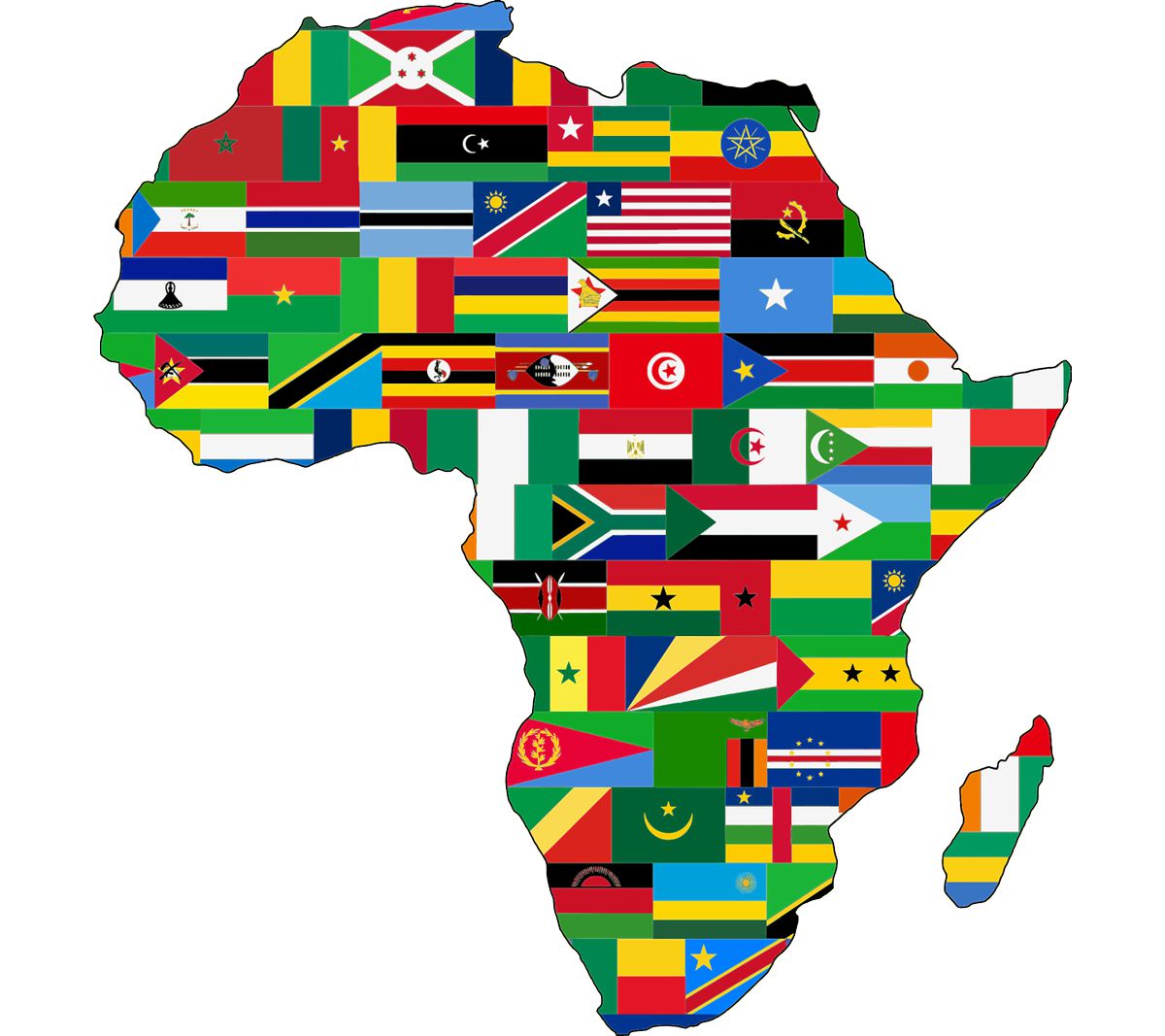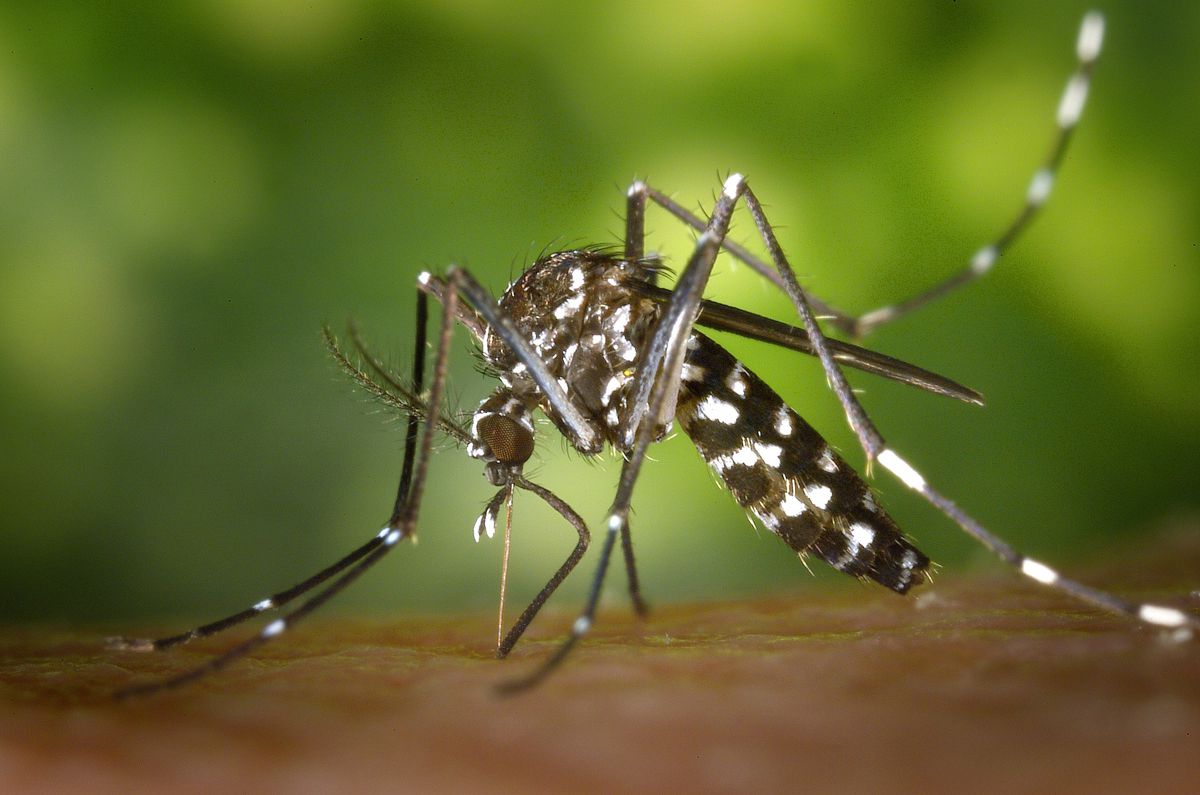Medical Requirements for Travelling in Africa
Africa is a vast and diverse continent, with a wide range of climates, cultures, and natural attractions. It is also home to a number of different diseases, some of which can be serious for travellers.
For this reason, it is important to be aware of the medical requirements for travelling in Africa before you go.

General Requirements
There are a few general requirements that all travellers to Africa must meet.
First, you will need to have a valid passport.
Second, you may need to obtain a visa for the country you are visiting. You can find more information about visa requirements on the websites of the embassies or consulates of the countries you are visiting.
Third, you will need to be up-to-date on your vaccinations.

The US Centers for Disease Control and Prevention (CDC) recommends that travellers to Africa be vaccinated against the following diseases:
- Malaria
- Diphtheria
- Tetanus
- Measles
- Mumps
- Rubella
- Polio
- Hepatitis A
- Hepatitis B
- Yellow Fever
You should also talk to your doctor about whether you need to be vaccinated against any other diseases that are common in the region you are visiting.

Specific Requirements
In addition to the general requirements, there are some specific medical requirements for traveling to certain countries in Africa.
For example, travellers to South Africa must show a yellow fever vaccination certificate if they have been to a country with a risk of yellow fever within the past 90 days.
Travelers to Nigeria must be vaccinated against yellow fever and meningitis.
Take into account if any part of your trip is at altitude as this will determine which malaria tablets you will need to take.
You can find more information about specific medical requirements for traveling to different countries in Africa on the websites of the embassies or consulates of those countries.

Staying Healthy While Traveling
There are a few things you can do to stay healthy while traveling in Africa:
- First, make sure to drink plenty of fluids, especially bottled water.
- Second, avoid eating street food or food that has been prepared in unsanitary conditions.
- Third, be sure to get enough sleep.
- Fourth, take your malaria pills as prescribed.
- Fifth, wear sunscreen and insect repellent to protect yourself from the sun and mosquitoes.
- Sixth, maintain high standards of hygiene by regular hand washing where possible and if not, use hand gel.
If you do get sick while traveling in Africa, it is important to seek medical attention as soon as possible. There are many hospitals and clinics in Africa that are capable of providing good care.

By following these tips, hopefully you can help ensure that you have a safe and enjoyable trip to Africa.
Stay Safe!










